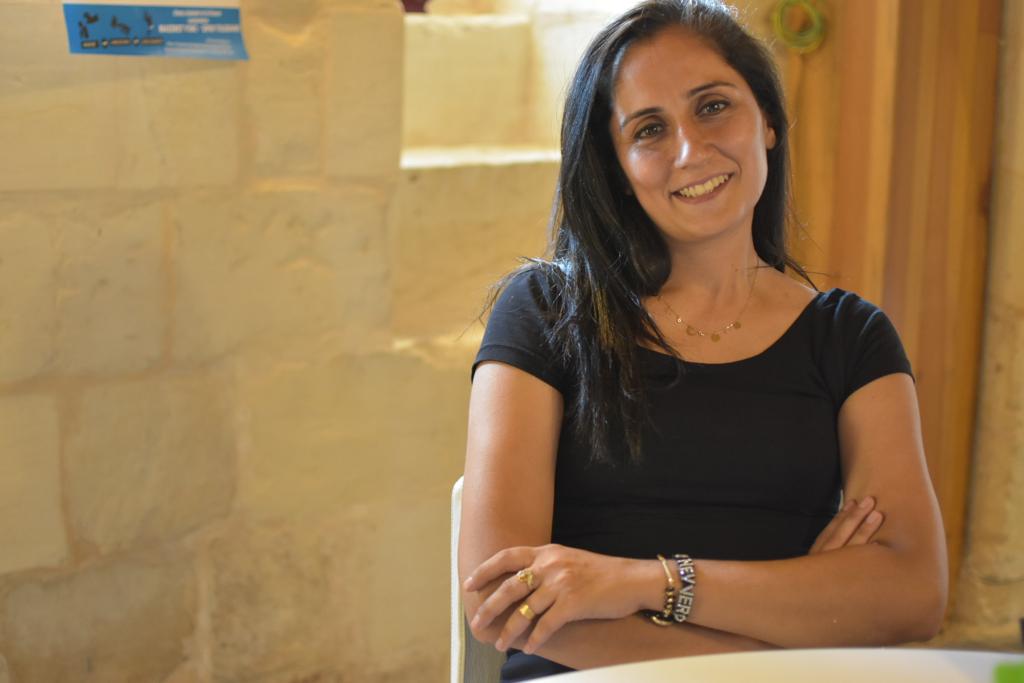In the words of Minevver Tuvarlak: “The leadership within my blood came along by being in solidarity with other women”
Minevver Tuvarlak, 33, is from Gaziantep, a province in southeast Turkey. Before starting out as a community leader, she did various other jobs. Having gone through a painful first marriage and troublesome past, Tuvarlak finally decided to start over. She knocked on the door of the Foundation for the Support of Women's Work (KEDV). As Tuvarlak slowly built her self-confidence and became empowered through skills development, she decided to work as a community leader to support vulnerable Syrian and Turkish women whose stories are similar to hers. Tuvarlak has become an active part of the Home to Home Solidarity Programme, implemented by UN Women in partnership with KEDV, and is proud to share her journey towards leadership.
Date:

![]()
I have led a difficult life. Although this is my second marriage, I am content now. I had major ups and downs in the past. In the midst of all that, I felt lost and simply did not know where to turn to. I heard about centres providing support for women but I was reluctant to visit them because I had no idea what women did in these centres. I was introduced to KEDV through a friend from my neighbourhood. I participated in various training sessions, learning new skills such as photography, building effective communication, advocacy and social cohesion. Learning new skills helped me reach a level of confidence, which others in my social circle noticed. Other women who saw my growth began to seek similar trainings. For this reason, I genuinely want such training opportunities to become widely available and open to as many women as possible.
At KEDV, I am working as a community leader. For some time now we have carried out field visits, but due to the COVID-19 pandemic we had to move our activities onto digital platforms. During this time, we were provided tablets and extra training sessions explaining how to deal with the effects of the pandemic in the best way possible. Thanks to all the work, such as needs analysis of women, information sharing activities, and referrals, we reached 1,415 women. These women who received support from me and other women leaders provided very positive feedback and this encouraged me to do more. Before becoming part of KEDV’s leadership programme, I assumed that people were born with leadership qualities. However, the leadership within my blood comes from being in solidarity with other women. I never thought I had any significant skills. I kept asking myself how it could be possible to become a leader after all these years, but I was wrong. As women walked with me and listened to what I had to say, I stopped, looked at myself and said: “I am indeed a leader”. This was a turning point in my life.
I now know the importance of women’s solidarity because I could never have got here without other women’s support. When even a single woman stays behind, the whole society stays behind. In order for our women to be equal with men, become free, and economically resilient, we need to grow the culture of solidarity and encourage each another.”